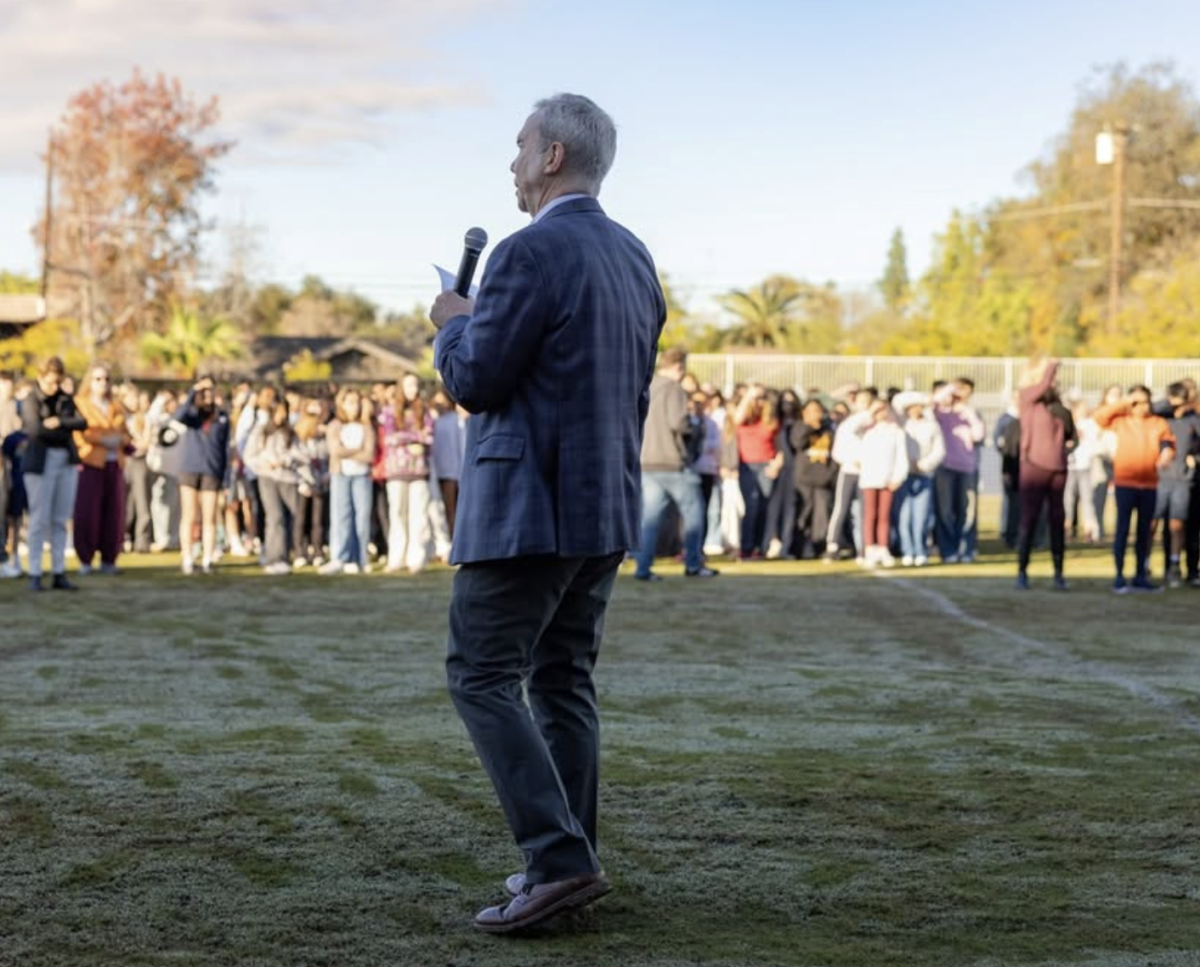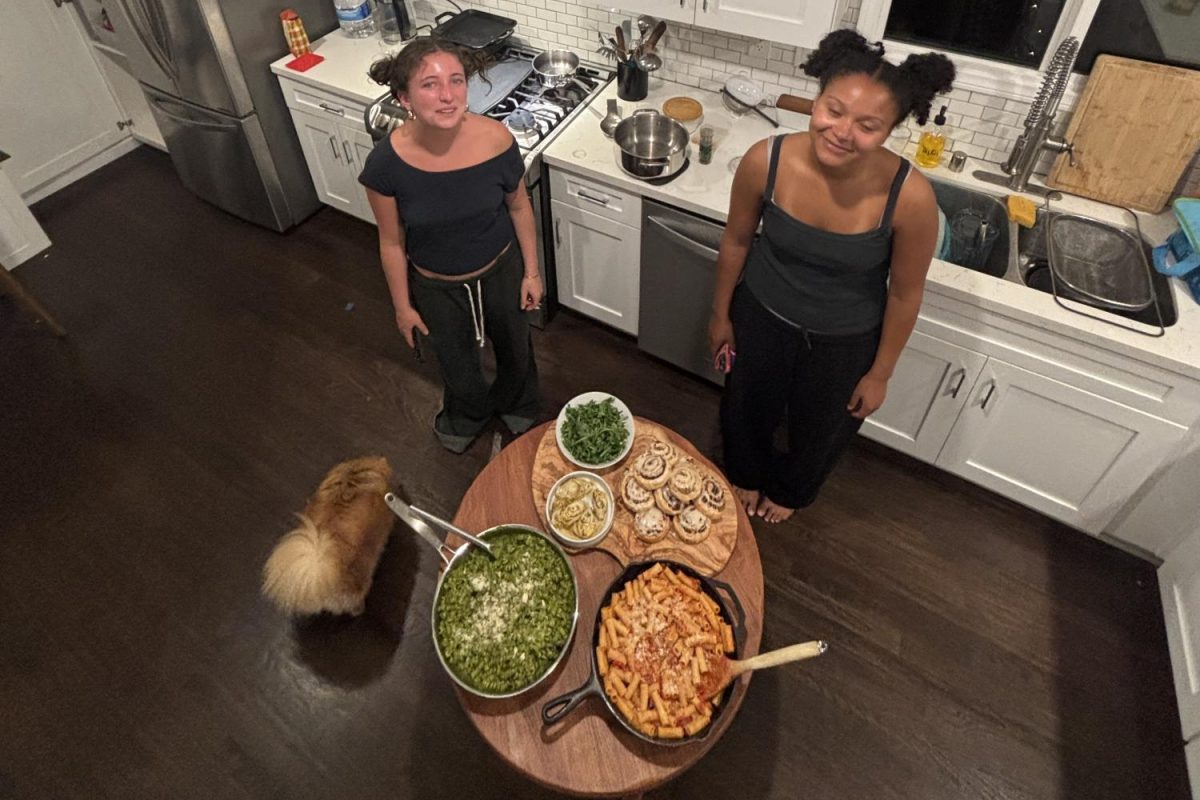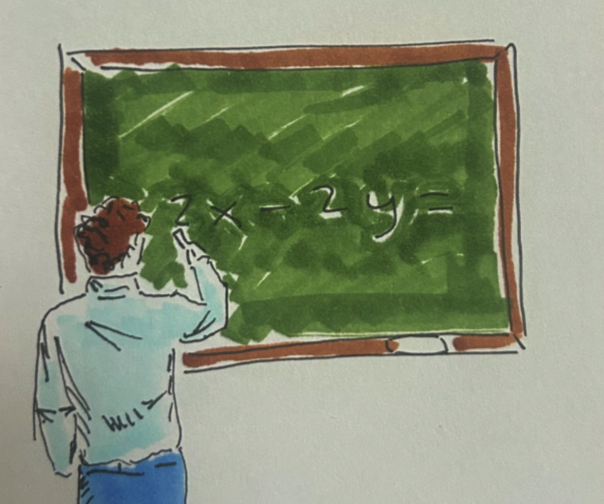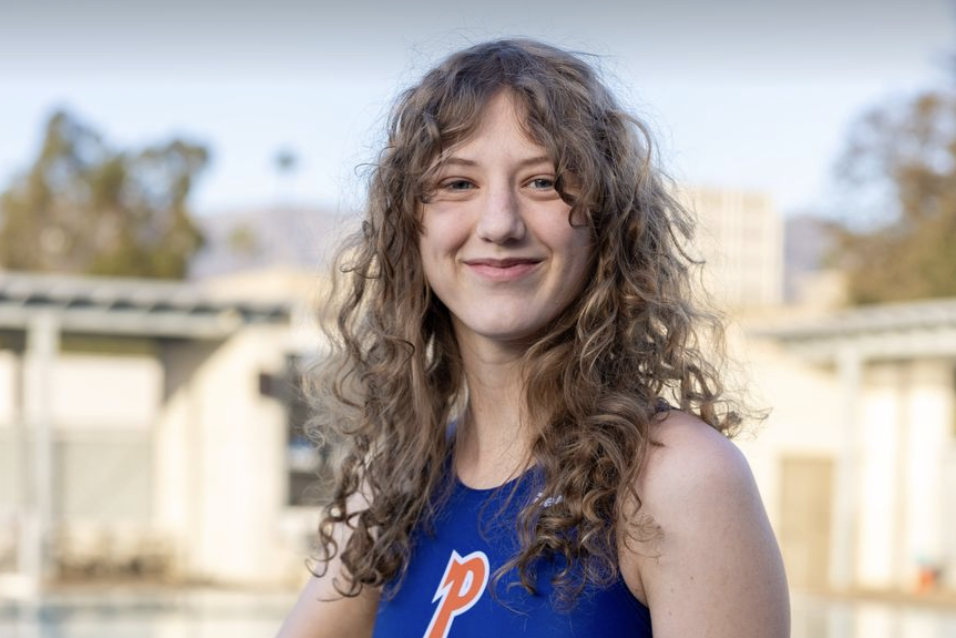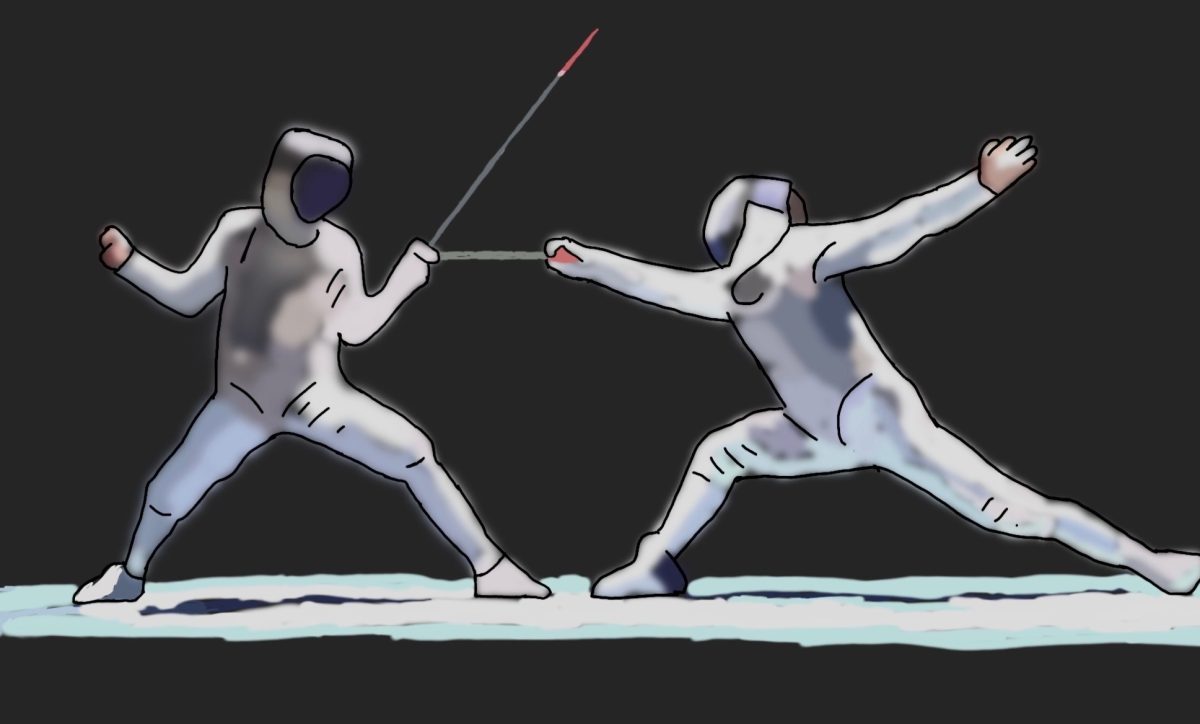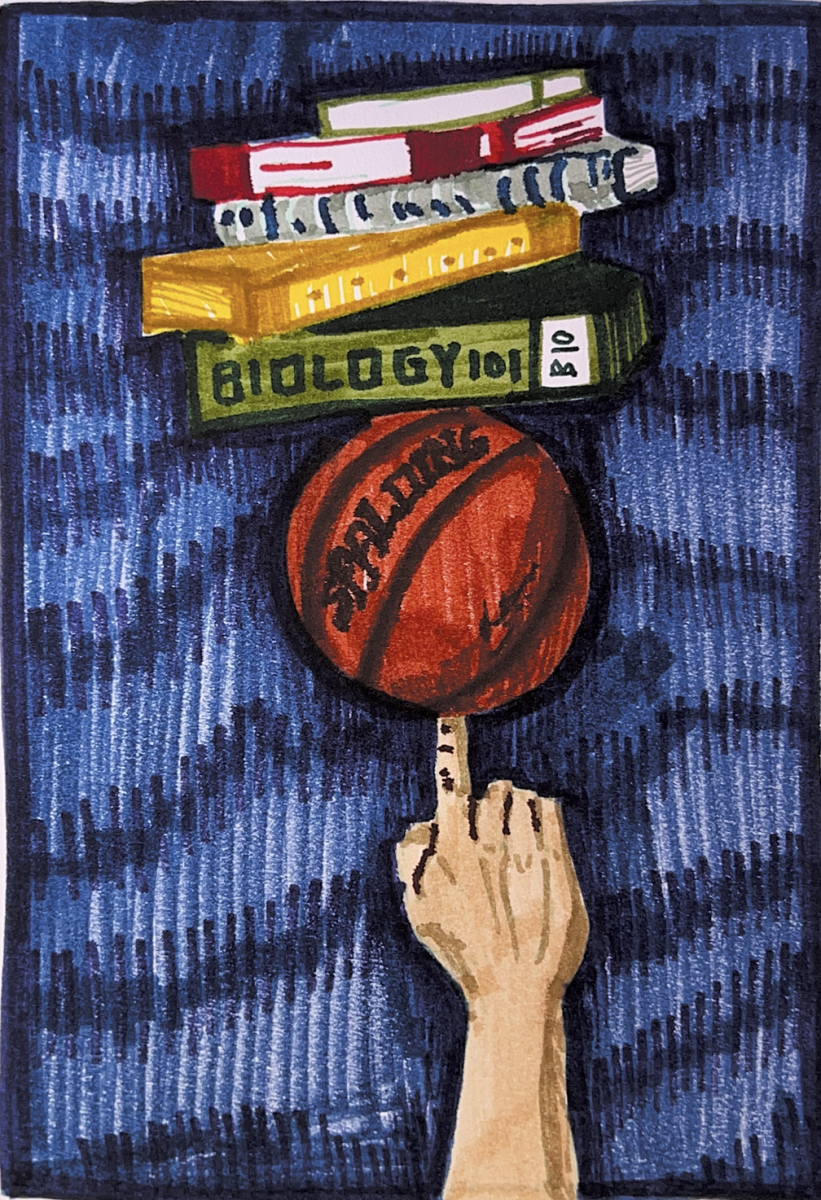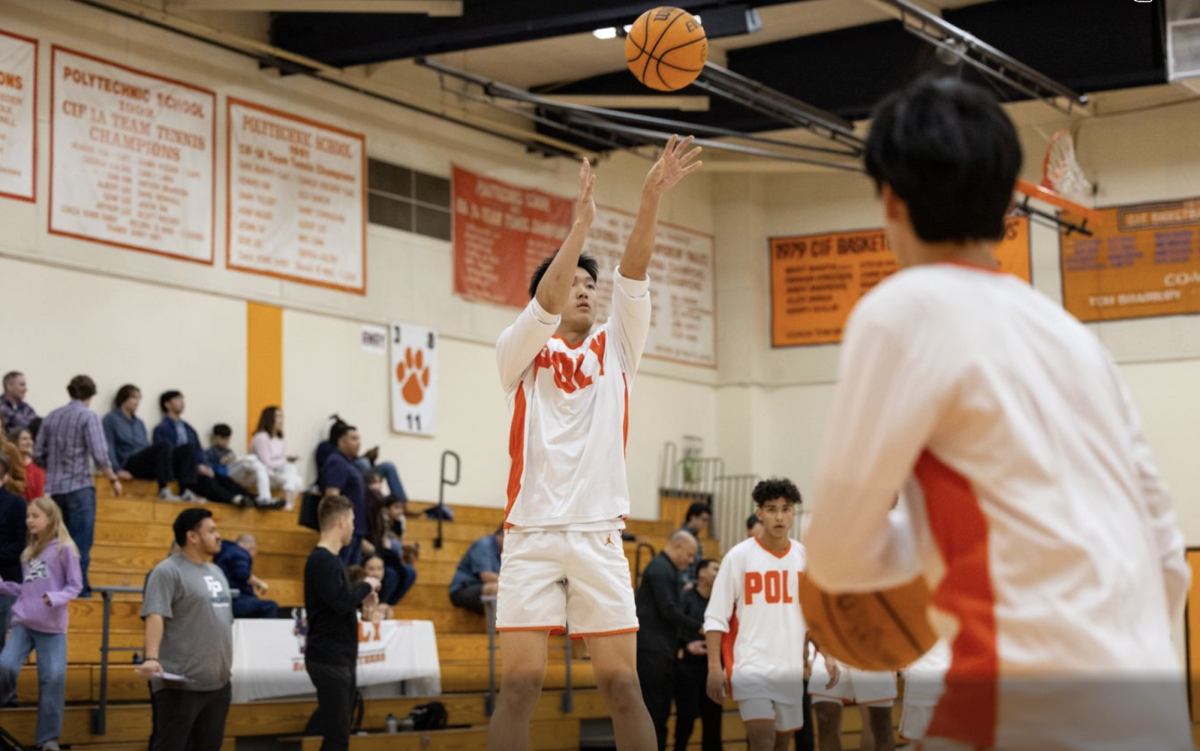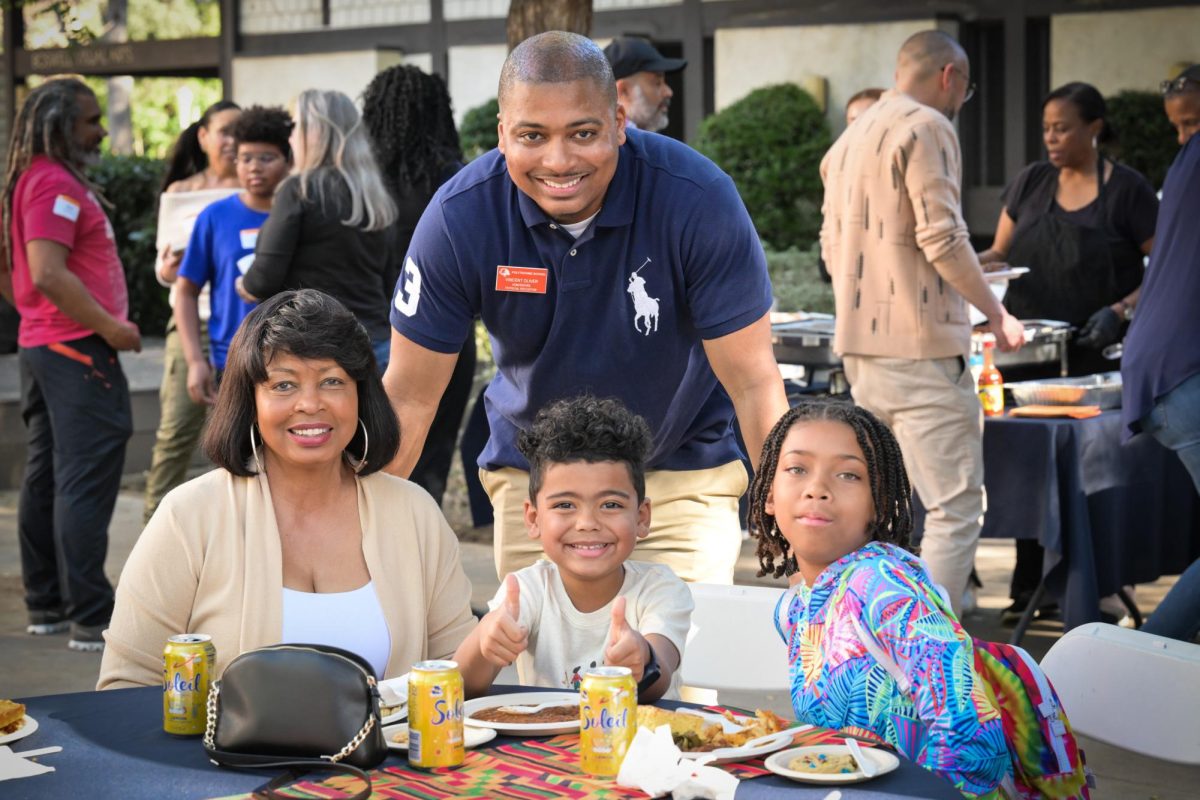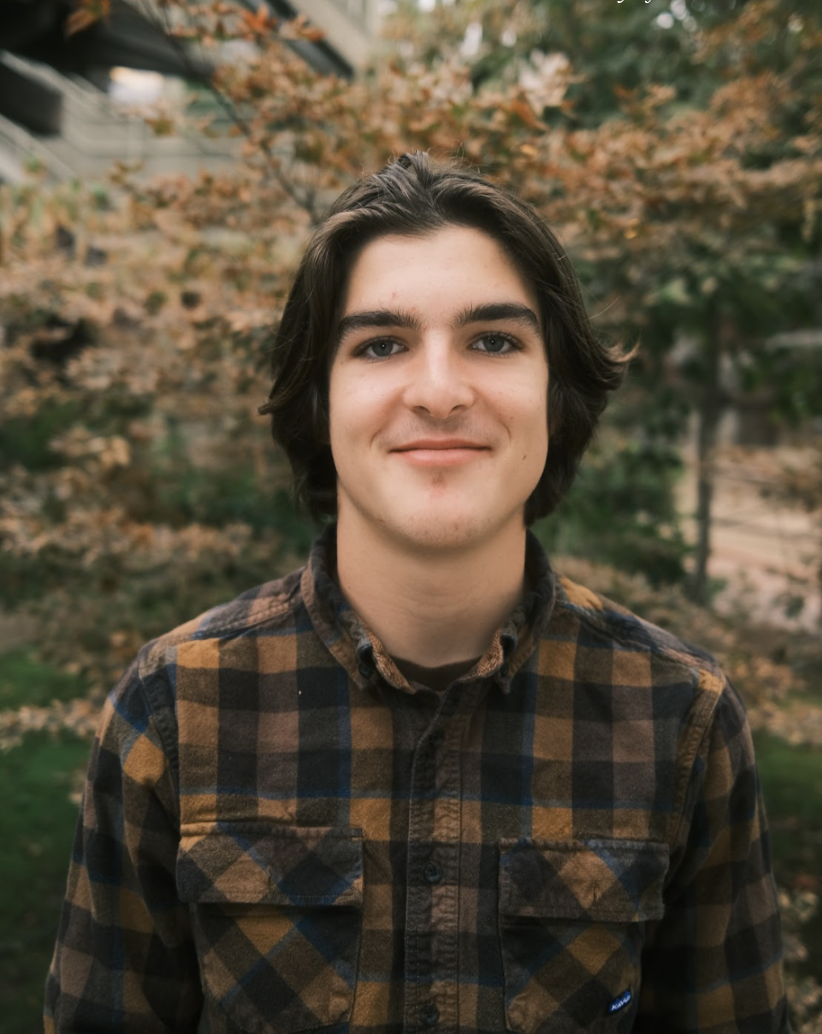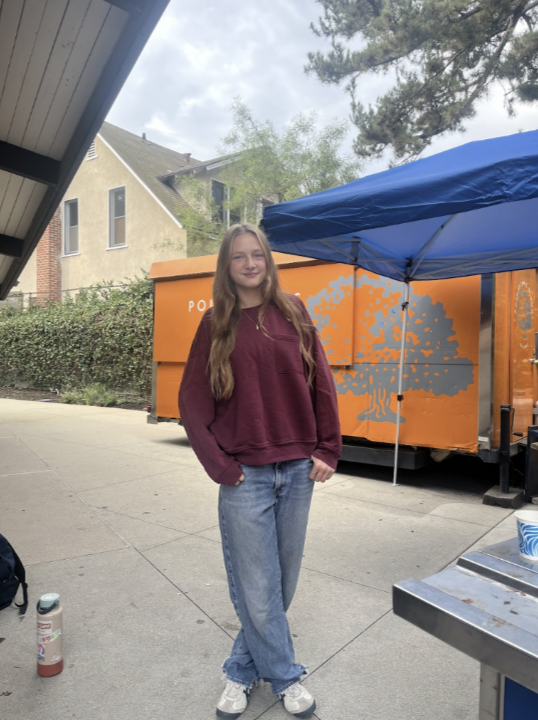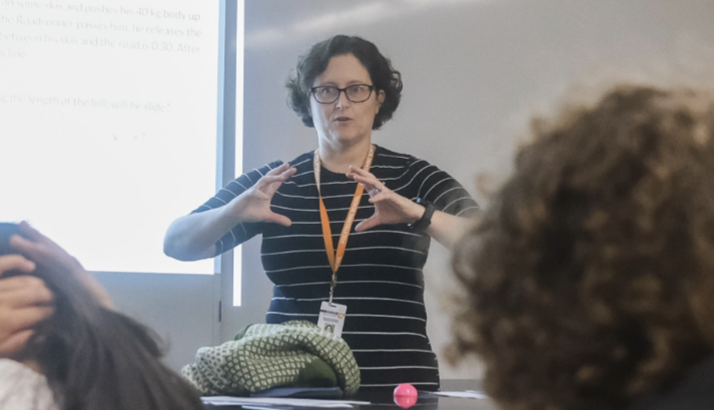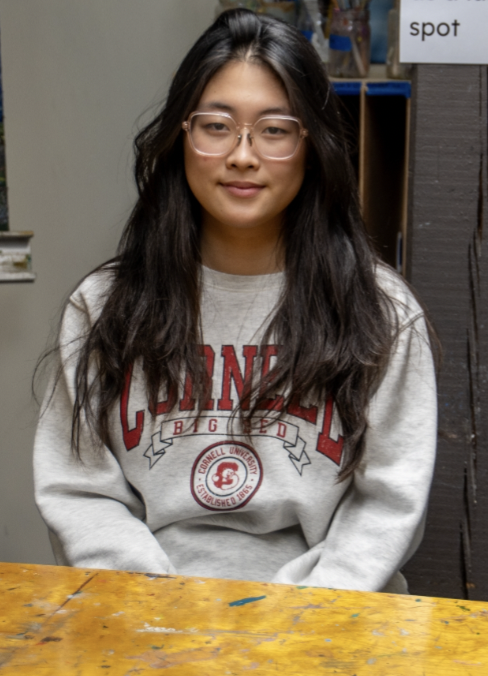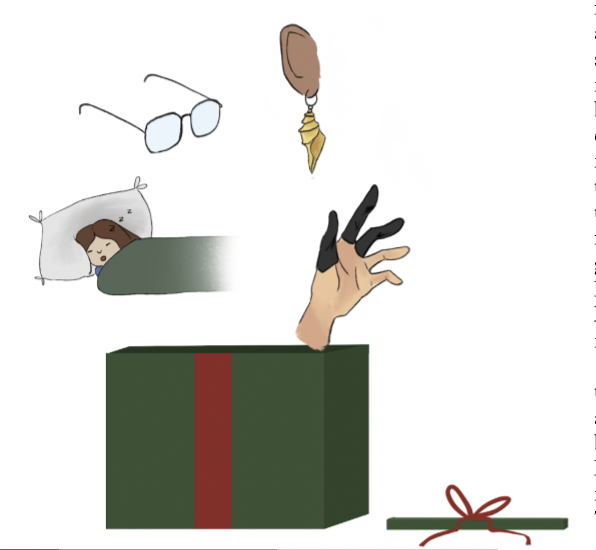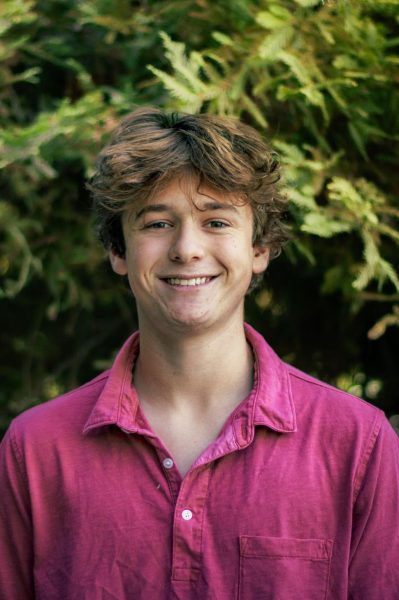Senior Charlie Broggi is a filmmaker and visual artist who has produced outstanding work during his time at Poly. As a member of the Poly Arts Student Council and a second-year student in AP Art, Broggi has been an active member of Poly’s art community, consistently honing his craft throughout his high school career.
Though he has always had an inclination towards creative endeavors, Broggi’s interest in filmmaking took off when he enrolled in his first film elective in sixth grade. By eighth grade, he was running the student news channel at Thomas Starr King Middle School, which he attended from sixth to eighth grade, a project that kept him busy during the COVID-19 pandemic. His passion for film continued when he joined Poly’s Upper School, where he took Filmmaking 1 and quickly realized that his experience in running his student news channel gave him an advanced understanding of creating films. This background allowed him to excel in the class and gain even more knowledge on directing and creating films.
“I felt like I grew with the [Poly film] program,” Broggi stated. When he was a ninth grader, film students were given basic gear like camcorders, but as the years progressed, thanks to the creation of the newly built Alex Gray Media Lab, students now have access to more sophisticated and complex equipment such as Sony A7III cameras with boom microphones, enabling greater experimentation and nuance in their films.
Broggi’s most remarkable achievement thus far, according to Poly students, is his debut short film “Everything’s Fine, Right?”, which he submitted to the 2024 Poly Film Festival. The film follows a young girl, played by Broggi’s sister Janie, as she discovers a watch that causes time to loop. Broggi immerses the audience in the protagonist’s mind through anxiety-inducing music and dynamic camerawork. His submission was a clear standout with striking visual effects and a masterful blend of visuals and sound, winning the Most Moving Film and Jury Top 3 awards.
Film teacher Adam Feldmeth commended Broggi’s filmmaking approach. “Charlie is great at envisioning a film before it happens. He knows precisely what he needs to do regarding camera work and sequencing,” he said.
Feldmeth also highlighted Broggi’s ability to tackle complex themes within the constraints of available resources. Broggi filmed “Everything’s Fine, Right?” at his house located down the block from the Rose Parade route, which serves as a key event in the story.
Broggi’s peers have also recognized his passion for film and dedication to his craft. Junior Sophie Ankeles, who took a film class with Broggi, said, “I remember that Charlie was always laser-focused in class on whatever project he was making next — whether that be about escape rooms or time travel. The shots in his films were always carefully planned out and left us contemplating how he was able to stitch them together so smoothly.”
Broggi’s passion for filmmaking stems from one central goal. “I like the idea of turning complex ideas into a simple story,” he explained. His films explore paradoxes and philosophical ideas, but he makes difficult concepts enjoyable to ponder. As a writer-director, this semester, he’s working on an independent study in auteur theory, the idea that film is a mirror of the director’s artistic vision, and French New Wave cinema.
Broggi’s creativity is not limited to the screen. In AP Art, he is painting pieces that reflect the process of producing a film, using media outside of film to express his ideas in new ways. Broggi aspires to attend film school, hone his skills and become a writer or director. For students like Broggi hoping to pursue film in college, Feldmeth offered a valuable insight; he emphasized that filmmaking involves community. A filmmaker must not only articulate one’s own vision but also be a team player who can collaborate with others. Broggi embodies this necessary characteristic of a good filmmaker due to his ability to work well with others, and he will surely find success as he pursues his passion.
Broggi’s contributions to Poly’s art community have been significant, and his distinctive approach to filmmaking continues to inspire the wider community. With his meticulous attention to detail, innovative ideas, and clear artistic vision, he is sure to leave lasting impressions on all who are lucky enough to see his work both at Poly and beyond.

